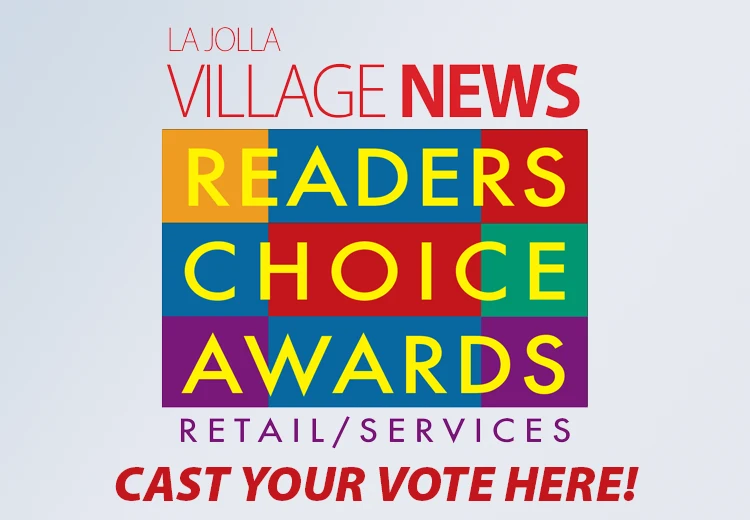
As the City of San Diego enters the second phase of community listening sessions for enhanced trash collection services and potential new fees, San Diegans are once again invited to participate in the process. During Phase 2 of the Trash Study outreach for residential customers serviced by the City’s Environmental Services Department (ESD), the City will host meetings in each Council District to share what has been learned so far and to gather additional feedback.
One of the upcoming meetings will take place in the College Area early next month – Council District 9: Dec. 2, 5:30 to 7 p.m., College-Rolando Library, 660 Montezuma Road, San Diego.
The City’s Trash Study community engagement kicked off in August 2024 with a series of open house meetings designed to gather diverse perspectives and build an understanding of preferences. Community members living in residential properties currently serviced by ESD were invited to learn about the history of waste management in San Diego, find out how services are presently funded, and to share their thoughts and views about the services they currently receive.
In Phase 1, the City heard from more than 6,000 residents through events, surveys and monthly meetings with leaders from several community-based organizations. The City also completed much of the financial work that will inform recommendations to the City Council.
Another key takeaway from Phase 1 engagement is the desire for ongoing education and outreach for how to properly dispose of trash, recyclables and organic waste. These insights will be considered as the City moves toward Phase 3 (another round of meetings and the completion of an extensive Cost-of-Service Study) in spring 2025, leading up to the City Council considering a proposed fee schedule in June 2025.
Phase 2 meetings will consist of a brief overview to include priorities expressed by residents and a comparison of trash and recycling services and charges in nearby cities. An open house will follow, during which participants can review the data, ask questions and provide feedback. Spanish speakers will be on site to provide translation at each meeting. Requests for other language translation services can be made in advance.
A virtual meeting, in English and Spanish, will be offered on Dec. 6. In addition, community members are invited to take a second questionnaire that builds on an earlier version to help the City better understand their views about trash, recycling and organic waste collection services. Residents who prefer more formal presentations of study information can attend meetings of Community Planning Groups and Town Councils where the Trash Study is on the agenda. The City also continues to host tables at farmers markets and other community events. A complete schedule is available at cleangreensd.org.
The City’s Trash Study comes as a result of the passage of Measure B in 2022, amending the “People’s Ordinance” to allow the City to charge a cost-recovery fee for trash and recycling collection services. Such a fee would apply to approximately 285,000 residential properties currently serviced by the City. This includes single-family homes and residential complexes of four or fewer units that meet City requirements for City-provided trash and recycling collection. Currently, these properties do not directly pay for trash and recycling collection, while residents in apartment complexes and those with homeowner associations, for example, do pay private waste collection companies for these services.
For more information, visit cleangreensd.org.












